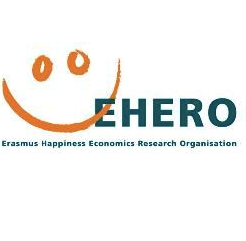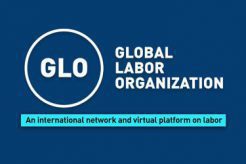A new GLO Discussion Paper finds that hiring discrimination against candidates with disabilities, older candidates, and less physically attractive candidates is at least equally severe as the unequal treatment of candidates with salient racial or ethnic characteristics.

GLO Discussion Paper No. 972, 2021
The state of hiring discrimination: A meta-analysis of (almost) all recent correspondence experiments – Download PDF
by Lippens, Louis & Vermeiren, Siel & Baert, Stijn
GLO Fellow Stijn Baert
Author Abstract: Notwithstanding the improved integration of various minority groups in the workforce, unequal treatment in hiring still hinders many individuals’ access to the labour market. To tackle this inaccessibility, it is essential to know which and to what extent minority groups face hiring discrimination. Past meta-studies have charted parts of the discrimination literature but permit only limited comparisons across minority groups. This meta-analysis synthesises a quasi-exhaustive register of correspondence experiments on hiring discrimination published between 2005 and 2020. Using a random-effects model, we computed pooled discrimination ratios concerning a total of ten discrimination grounds upon which unequal treatment in hiring is forbidden under United States federal or state law. First, we find that hiring discrimination against candidates with disabilities, older candidates, and less physically attractive candidates is at least equally severe as the unequal treatment of candidates with salient racial or ethnic characteristics. Remarkably, hiring discrimination against older applicants is even higher in Europe than in the United States. Furthermore, unequal treatment in hiring based on sexual orientation seems to be prompted mainly by signalling activism through an affiliation with an LGB+ rights organisation rather than same-sex orientation in itself. Last, hiring discrimination remains pervasive. Aside from a decrease in hiring discrimination based on race and national origin in Europe, we find no structural evidence of temporal changes in hiring discrimination based on the various other grounds within the scope of this review.
Featured image: Clem Onojeghuo on unsplash

GLO Discussion Papers are research and policy papers of the GLO Network which are widely circulated to encourage discussion. Provided in cooperation with EconStor, a service of the ZBW – Leibniz Information Centre for Economics, GLO Discussion Papers are among others listed in RePEc (see IDEAS, EconPapers). Complete list of all GLO DPs – downloadable for free.
The Global Labor Organization (GLO) is an independent, non-partisan and non-governmental organization that functions as an international network and virtual platform to stimulate global research, debate and collaboration.
Ends;














